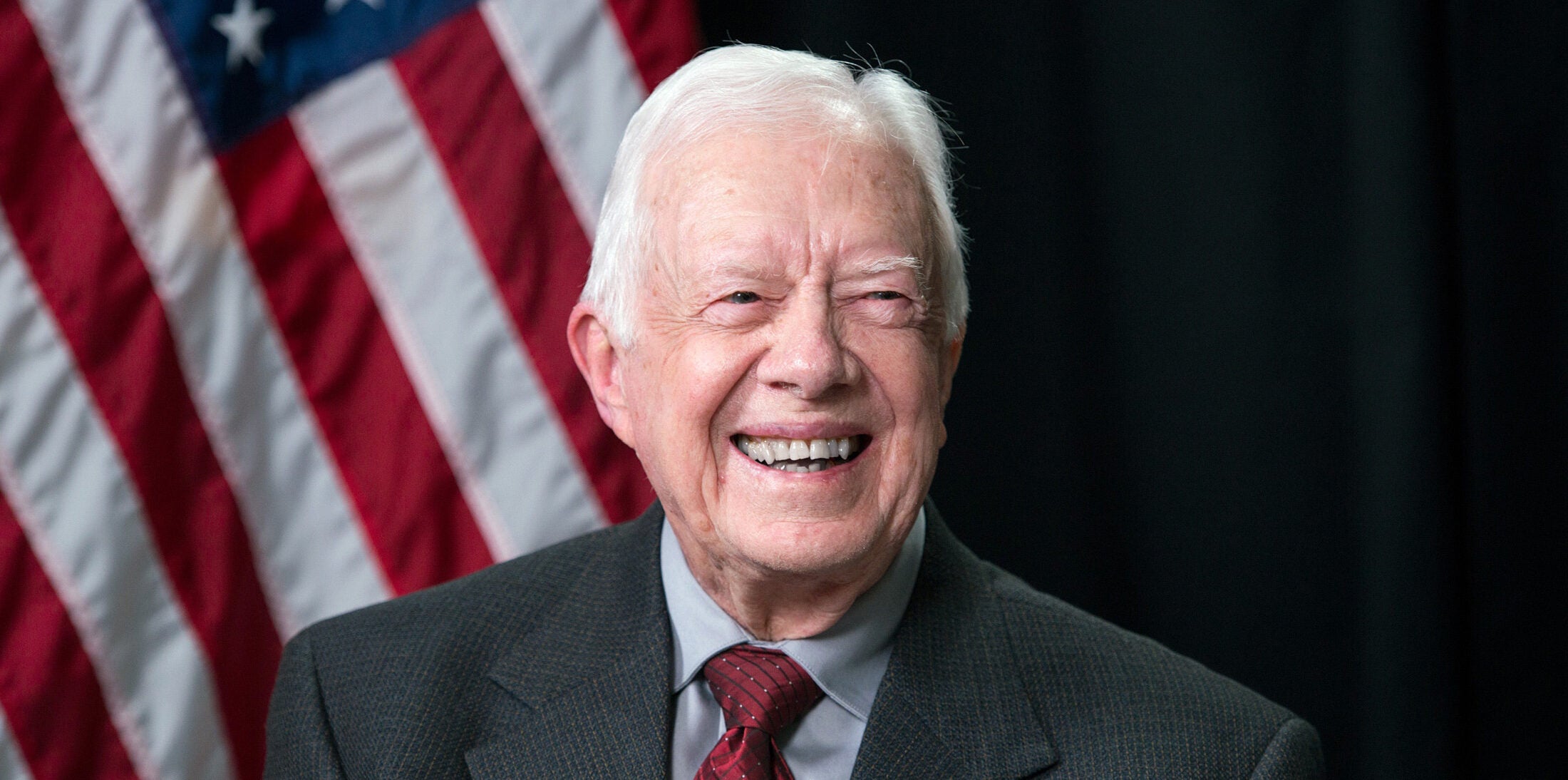“The Enduring Impact of Football on German Society
Related Articles The Enduring Impact of Football on German Society
The Enduring Impact of Football on German Society

Football, or Fußball as it is passionately known in Germany, is more than just a sport; it is a cultural phenomenon deeply ingrained in the nation’s identity, history, and social fabric. From the Bundesliga stadiums roaring with fervent supporters to the countless amateur clubs nurturing local talent, football permeates every level of German society. Its impact extends far beyond the pitch, influencing national pride, social cohesion, economic activity, and even political discourse.
A Historical Tapestry
The roots of football in Germany can be traced back to the late 19th century, mirroring its spread across Europe. Initially, it was embraced by the elite and educated classes, with clubs like BFC Germania 1888, founded in Berlin, paving the way. However, the sport quickly transcended social boundaries, gaining traction among the working class and becoming a unifying force in a rapidly industrializing nation.
The formation of the German Football Association (DFB) in 1900 marked a significant milestone, formalizing the sport’s structure and governance. The early decades of the 20th century witnessed the rise of regional leagues and championships, fostering local rivalries and a sense of community.
The tumultuous years of the World Wars and the subsequent division of Germany had a profound impact on football. In East Germany, football became heavily politicized, with clubs often affiliated with state-owned enterprises or security forces. In West Germany, football retained a more independent character, though it was still seen as a symbol of national identity and a source of pride.
The Miracle of Bern and National Identity
The 1954 FIFA World Cup in Switzerland holds a special place in German football history. The West German team, against all odds, defeated the heavily favored Hungarian side in the final, a victory often referred to as the "Miracle of Bern." This triumph was more than just a sporting achievement; it symbolized West Germany’s post-war recovery and its re-emergence onto the world stage. The victory ignited a wave of national pride and helped to heal the wounds of war, providing a much-needed sense of unity and optimism.
The Bundesliga: A League of Its Own
Established in 1963, the Bundesliga is Germany’s premier football league and one of the most successful and well-attended leagues in the world. It has played a crucial role in shaping the landscape of German football, attracting top talent from around the globe and fostering a culture of professionalism and competitiveness.
The Bundesliga’s unique structure, with its emphasis on fan involvement and financial stability, has contributed to its enduring success. The "50+1 rule," which stipulates that club members must hold a majority of voting rights, ensures that clubs remain rooted in their communities and prevents them from being solely controlled by wealthy investors. This rule has been credited with maintaining a strong connection between clubs and their supporters, fostering a vibrant fan culture.
Football as a Social Integrator
Football in Germany serves as a powerful social integrator, bringing together people from diverse backgrounds and fostering a sense of belonging. Whether it’s cheering on the national team or supporting a local club, football provides a common ground for people to connect and share their passion.
The sport also plays a crucial role in integrating immigrants and refugees into German society. Football clubs often organize programs and initiatives aimed at promoting intercultural understanding and providing opportunities for newcomers to participate in community life. These efforts help to break down barriers and foster a sense of inclusion, allowing individuals from different cultural backgrounds to connect and build relationships through their shared love of the game.
Economic Impact and the Football Industry
The football industry in Germany is a significant contributor to the national economy, generating billions of euros in revenue each year. The Bundesliga alone employs tens of thousands of people, from players and coaches to stadium staff and media professionals.

The economic impact of football extends beyond the professional level. Amateur clubs play a vital role in local economies, providing employment opportunities and attracting visitors to towns and cities across the country. Football-related tourism is also a significant source of revenue, with fans traveling from around the world to attend Bundesliga matches and visit iconic stadiums.
Fan Culture and the Ultras Movement
German football is renowned for its vibrant and passionate fan culture. Supporters are known for their unwavering loyalty, creative displays of support, and active involvement in club affairs. The Ultras movement, a subculture of hardcore fans, plays a significant role in shaping the atmosphere in German stadiums.
Ultras are known for their elaborate choreographies, vocal support, and commitment to preserving the traditions of their clubs. While their passion can sometimes lead to controversy, Ultras are also credited with maintaining a strong sense of community and fighting against the commercialization of football.
Challenges and Controversies
Despite its positive contributions, football in Germany is not without its challenges and controversies. Issues such as hooliganism, racism, and the increasing commercialization of the sport continue to be debated and addressed.
Hooliganism, while not as prevalent as in some other countries, remains a concern. Authorities have implemented various measures to combat violence and ensure the safety of fans. Racism is another issue that has plagued football in Germany, with instances of discriminatory behavior both on and off the pitch. The DFB and clubs have taken steps to address racism, but more work remains to be done.
The increasing commercialization of football is also a source of concern for many fans. The influx of money from sponsors and television rights has led to rising ticket prices and a growing gap between the richest and poorest clubs. Some fans fear that the traditional values of the sport are being eroded by the pursuit of profit.
The Future of Football in Germany
Despite these challenges, football in Germany remains a vital part of the nation’s identity and a source of pride for millions. The DFB and clubs are committed to addressing the challenges facing the sport and ensuring that it remains accessible and inclusive for all.
The future of football in Germany will likely be shaped by several factors, including the ongoing debate over commercialization, the need to address racism and discrimination, and the increasing importance of youth development. The success of the national team will also continue to play a significant role in shaping the public perception of the sport.
Conclusion
Football’s impact on German society is undeniable. It has shaped national identity, fostered social cohesion, driven economic activity, and influenced political discourse. From the "Miracle of Bern" to the modern-day Bundesliga, football has been a constant presence in German life, reflecting the nation’s triumphs and struggles. While challenges remain, the enduring passion for Fußball in Germany suggests that the sport will continue to play a vital role in shaping the nation’s future. The beautiful game, in Germany, is more than just a game; it is a way of life. It’s a shared experience that binds communities, celebrates victories, and offers solace in defeat, solidifying its place as a cornerstone of German culture.

